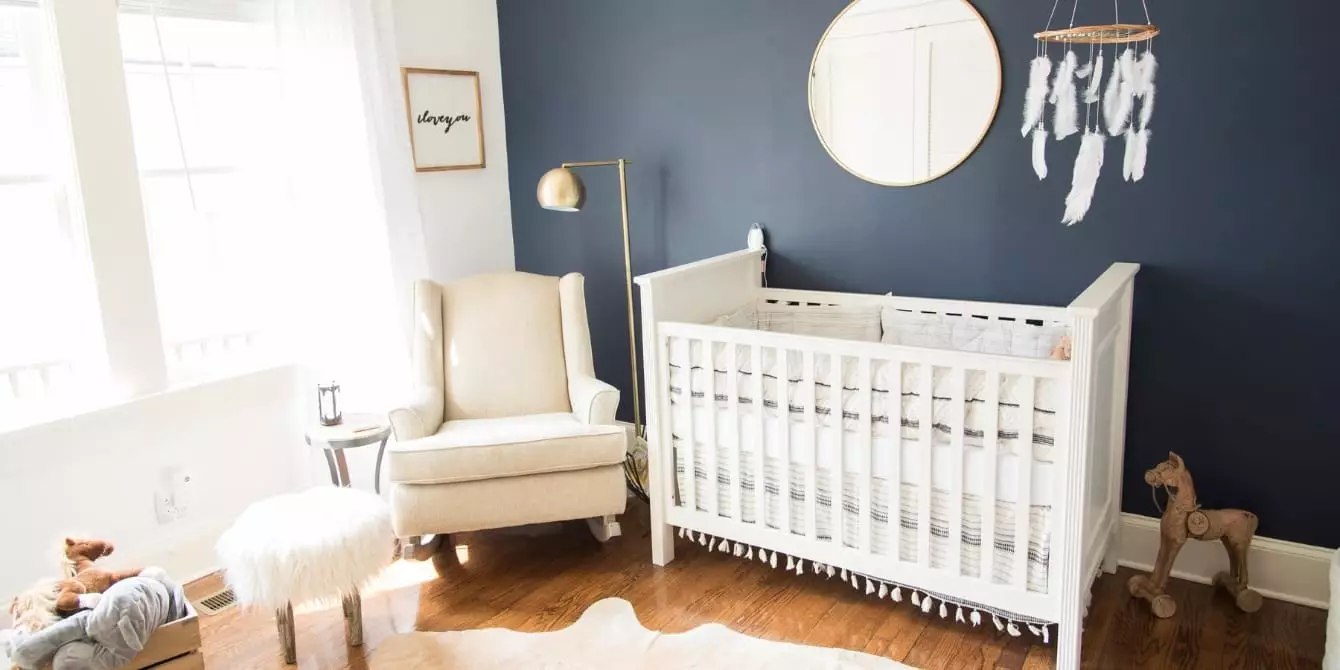When preparing for the arrival of a new baby, parents often prioritize selecting the coziest crib, the softest blankets, and an array of cute toys. However, one essential item that often gets overlooked is a high-quality air purifier. The air quality within your child’s nursery is a critical component of a safe and nurturing environment. In this article, we will explore the importance of clean air in your baby’s living space and why investing in an air purifier should be on your essential nursery checklist.
Many parents may be surprised to learn that the air inside homes can be contaminated with harmful particles that pose risks to their little ones. Studies show that over 90% of the global population breathes air polluted with fine particulate matter, specifically PM2.5. These tiny particles are often a byproduct of everyday household products, including paints, cleaning agents, and even furniture. As children’s lungs and immune systems are still developing, exposure to these pollutants can lead to serious long-term health problems.
Research published in “Environmental Health Perspectives” highlights the correlation between poor air quality and detrimental effects on infant brain development. The implications of these findings are profound, suggesting that the environment in which a child grows up can significantly influence their cognitive abilities. Furthermore, for infants who may have predispositions to allergies, high-grade air purifiers can be a lifesaver.
The importance of an air purifier extends beyond simply reducing airborne pollutants; it acts as a protective barrier for infants with allergies and respiratory issues. According to Andy Fox, a specialist in filtration and indoor air quality, placing an air purifier in your baby’s room is a wise decision for maintaining better air circulation—a necessity when you consider how much time newborns spend sleeping in their nurseries.
Additionally, recent studies have established ties between poor indoor air quality and disruptions in gut health among infants. In particular, clean air is essential for ensuring that your baby’s gut microbiome is not compromised, which can have lasting effects on their overall health.
In addition to providing clean air, new parents should also familiarize themselves with their baby’s respiratory patterns. Babies breathe more rapidly than adults, typically taking 40 to 60 breaths per minute. Awareness of what’s considered normal is key. Periodic breathing—characterized by alterations in speed and pauses—can be common and normal for infants.
However, parents should be vigilant. Any significant change in these patterns could be a precursor to health concerns. Symptoms such as rapid breathing over 60 breaths per minute, chest retraction, or a bluish skin tone should prompt immediate medical attention, as they could indicate respiratory distress.
An air purifier can be a wonderful tool but requires regular maintenance to perform optimally. Fox suggests changing filters every 90 days for 1-inch filters and at least once a year for larger, 4 to 6-inch filters. This routine ensures that the air purifier continues to work efficiently, providing a consistent stream of clean air.
Equipping your baby’s nursery with an air purifier is about much more than comfort; it fundamentally supports a child’s health and well-being. As you prepare for your new arrival, don’t forget to prioritize clean air alongside other nursery essentials. Just as you select the perfect crib and plush toys, recognize that ensuring a safe and healthy breathing environment is just as critical for your baby’s growth and happiness. Investing in an air purifier is not merely an option; it’s a vital decision that could greatly enhance the quality of life for your little one.

